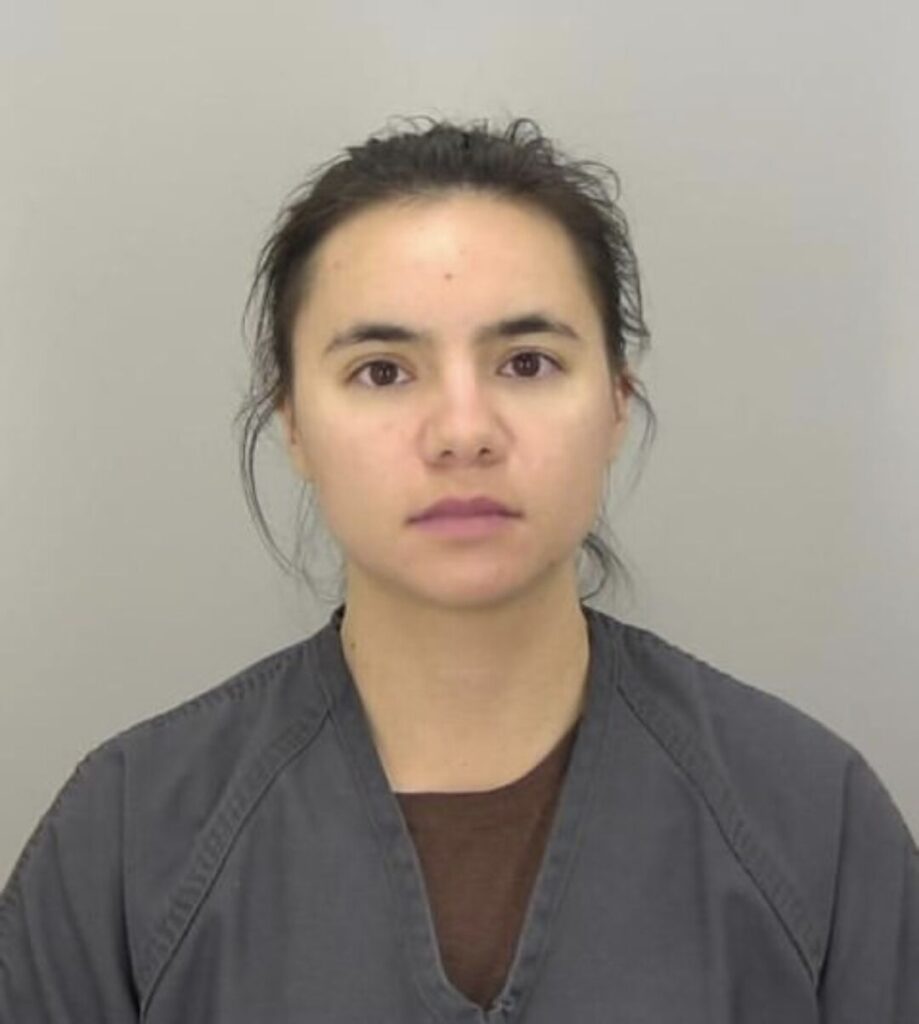Judge tells Colorado to hand over data to feds after 3-year standoff

A federal judge told the state of Colorado on Wednesday to hand over data related to workers’ compensation payments that the U.S. Social Security Administration has been seeking for three years.
While U.S. District Court Judge Charlotte N. Sweeney acknowledged state law appeared to forbid the release of confidential information to the Social Security Administration’s inspector general, she concluded federal law authorized access to the disputed data.
“The Supremacy Clause of the U.S. Constitution empowers Congress to preempt state law,” Sweeney wrote in a Nov. 29 order.
In 2020, the inspector general’s office began an audit of Colorado and roughly a dozen other states known as “reverse offset jurisdictions.” Social Security provides disability benefits to people who may also qualify for states’ workers’ comp programs. Federal law limits the combined payments beneficiaries may receive and, to that end, the Social Security Administration reduces disability benefits in most states based on the amount of workers’ compensation a person gets.
In reverse offset jurisdictions, the states are the ones who reduce payments and the federal government maintains its disability benefits. The inspector general’s audit, completed in September 2023, estimated the Social Security Administration paid $138 million more than it should have in the reverse offset states, due to a lack of data sharing.
The final report did not include information from Colorado. Upon receiving the federal subpoena – which sought identifying information for workers’ comp recipients, details about the payments, plus aggregate workers’ comp data – Colorado said no. The state cited the Colorado Workers’ Compensation Act, which only permits access to claims data for entities operating pursuant to the act.
To release personal identifying information to the inspector general for its own purposes, wrote Assistant Attorney General Evan P. Brennan, would violate state law and deter certain populations from pursuing workers’ comp.
“(B)reaching the confidentiality of workers’ compensation claims would have a devastating chilling effect on the willingness of injured workers to report injuries,” Brennan wrote in a January 2021 letter. “Knowledge that claim files may, at any time, be turned over to other government entities may discourage individuals from filing those claims due to fear the information could be used for immigration enforcement, leaving those individuals without access to medical treatment for their injuries (or shifting the cost of treating those injuries to health insurance or the public at large).”
After the inspector general’s lawyers confirmed in 2022 that Colorado was still maintaining its opposition, the federal government petitioned to force the state’s labor department to hand over the data.
“Federal law, not state law, governs (the inspector general’s) access to the requested records,” wrote the U.S. Department of Justice. “Courts routinely have enforced administrative subpoenas issued under (federal law) despite state law restrictions on disclosure.”
Sweeney agreed that federal law overrode Colorado’s prohibition against information-sharing, and she further found the inspector general’s request was proper under the established legal criteria.
The “inquiry into workers compensation claims in reverse offset states like Colorado clearly falls within this authority, because the inquiry seeks information necessary for the (inspector general) to audit the payments,” she wrote.
Sweeney gave the state’s labor department until Dec. 29 to hand over the data.
The Justice Department noted Minnesota and New York also failed to comply with the subpoenas. The government has since excused New York from its obligation and has brought a similar petition against Minnesota. Minnesota’s labor department did not oppose the effort to obtain its data, as long as there was compliance with federal privacy law. A judge ordered Minnesota to release its workers’ comp information according to those terms.
The case is United States et al. v. Colorado Department of Labor and Employment.














